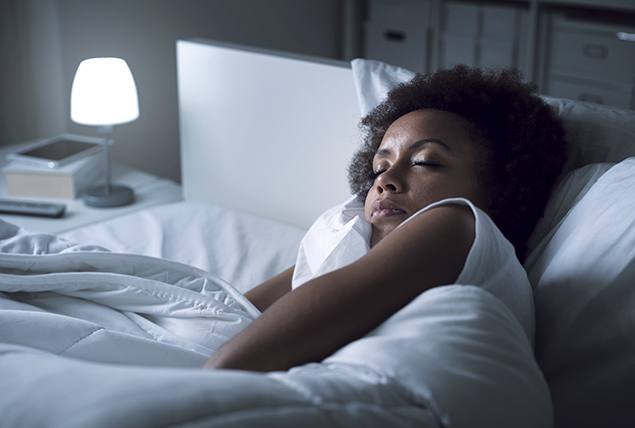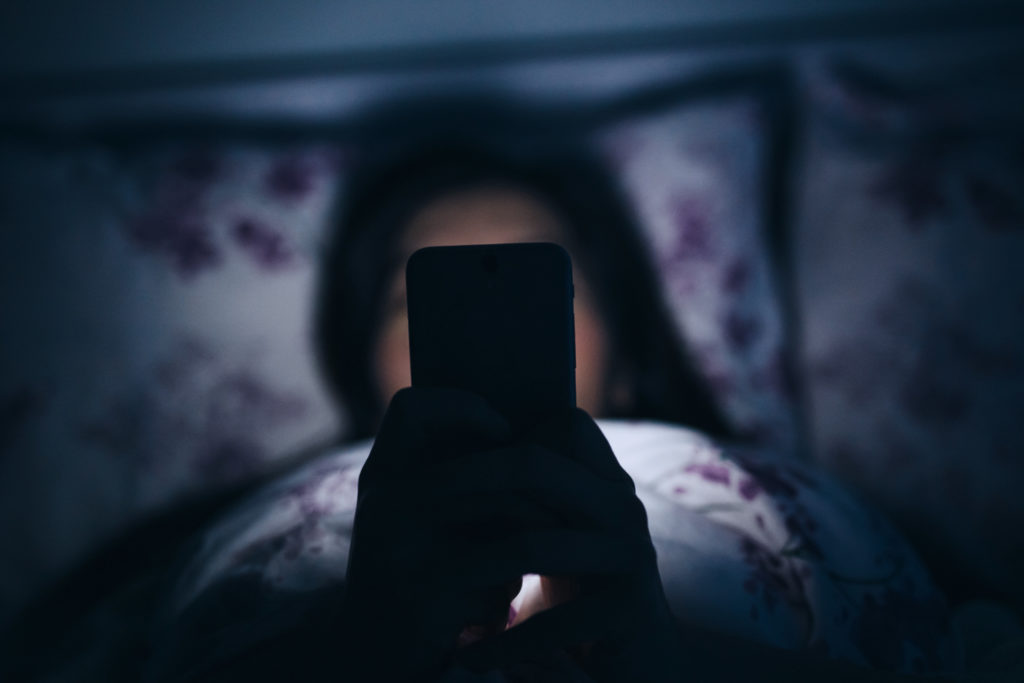Teenagers are facing an alarming crisis that is quietly wreaking havoc on their toll in mental health: a chronic lack of sleep. Recent research indicates that adolescents should ideally be getting eight to ten hours of restful slumber each night.

Toll in Mental Health Rises as Teenagers Combats with Sleep Deprivation (Photo: Giddy)
Balancing Academics and Mental Health
In a data released by PBS News, in October 04, 2023, teenagers across America are grappling with a critical issue that transcends the common challenges of adolescence. Recent research underscores a concerning trend – a significant number of teenagers are falling short of the recommended eight to ten hours of sleep each night. This pervasive sleep deprivation, coupled with the burdens of academic responsibilities, extracurricular activities, and the omnipresence of technology, is extracting a toll in mental health. It digs into the reasons behind this sleep crisis among American teens and explore the profound impact it is having on their emotional well-being and rise a toll in mental health.
The toll in mental health correlates expectations placed on teenagers today, from academic pressures to a plethora of extracurricular commitments, are pushing many into the realm of night owls. Meet Keiko Rakin, a 15-year-old high school student from California, whose demanding schedule often keeps her awake until 1:00 a.m., obtaining only five to six hours of sleep on most nights.
Keiko’s story is not an isolated one; it resonates with more than 70 percent of toll in mental health among American teenagers who are also combatting with insufficient sleep. Clinical psychologist Lisa Damour emphasizes the direct correlation between sleep deprivation and deteriorating mental health, shedding light on the multifaceted impact of this crisis.
READ ALSO: Attempted Murder Charge Filed Against 11-Year-Old In Florida Football Practice Shooting
Smartphones, Social Media, and Sleep Quality
According to the report published by the Child Mind, in an era dominated by technology, smartphones and social media contribute significantly to the sleep crisis and rise of toll in mental health among teenagers. Nearly nine out of ten teens have access to smartphones or laptops, with almost half admitting to being online almost constantly. This constant connectivity, especially late at night, has tangible consequences on sleep quality.
It continuously explores the intricate relationship between technology and sleep loss, highlighting the challenges teenagers face in disconnecting from the virtual world. As it navigates through the complexities of this issue, it becomes evident that addressing the ascending toll in mental health with regard to the sleep crisis is not only a matter of individual well-being but a collective responsibility that involves parents, educators, and society at large.
READ ALSO: Todd Chrisley Update: Father Of A Reality Star Is Now A Financial Matters Teacher In Prison
























